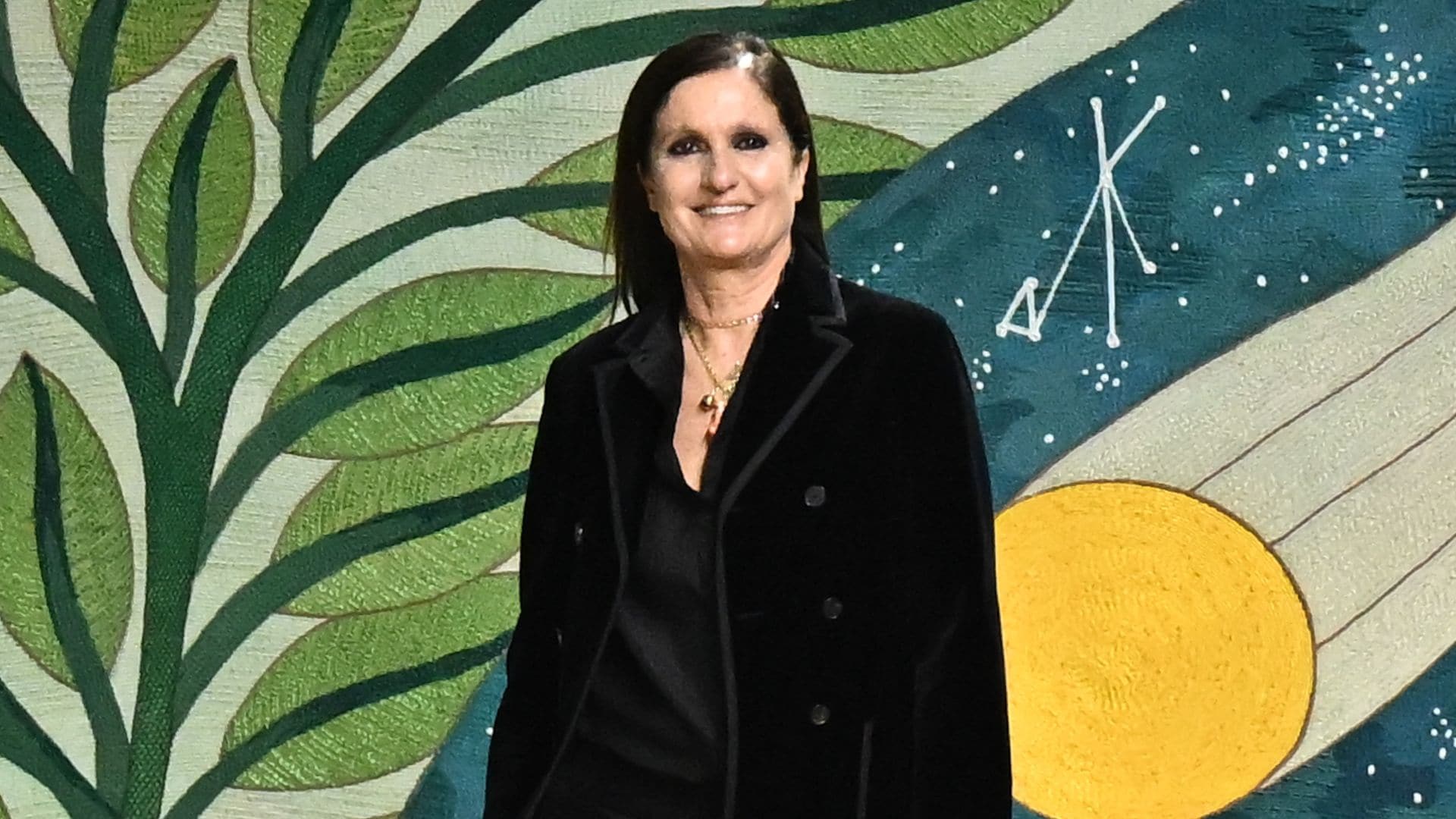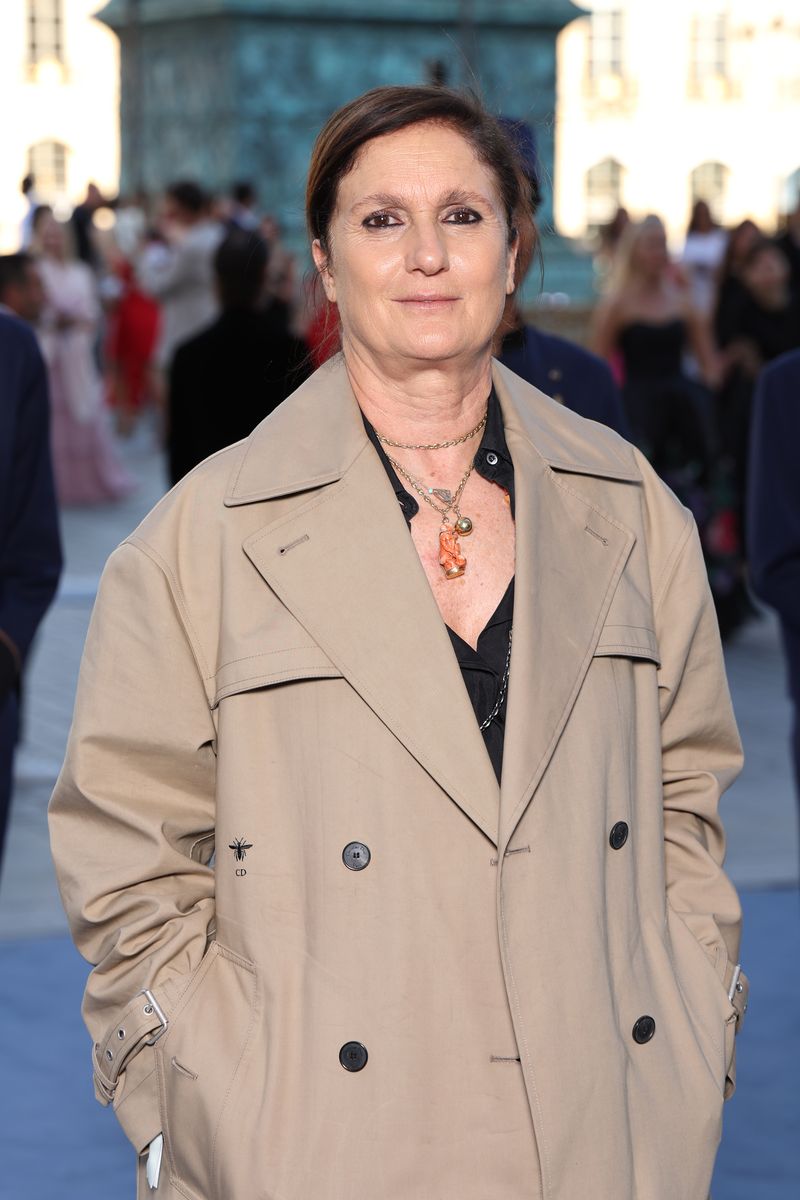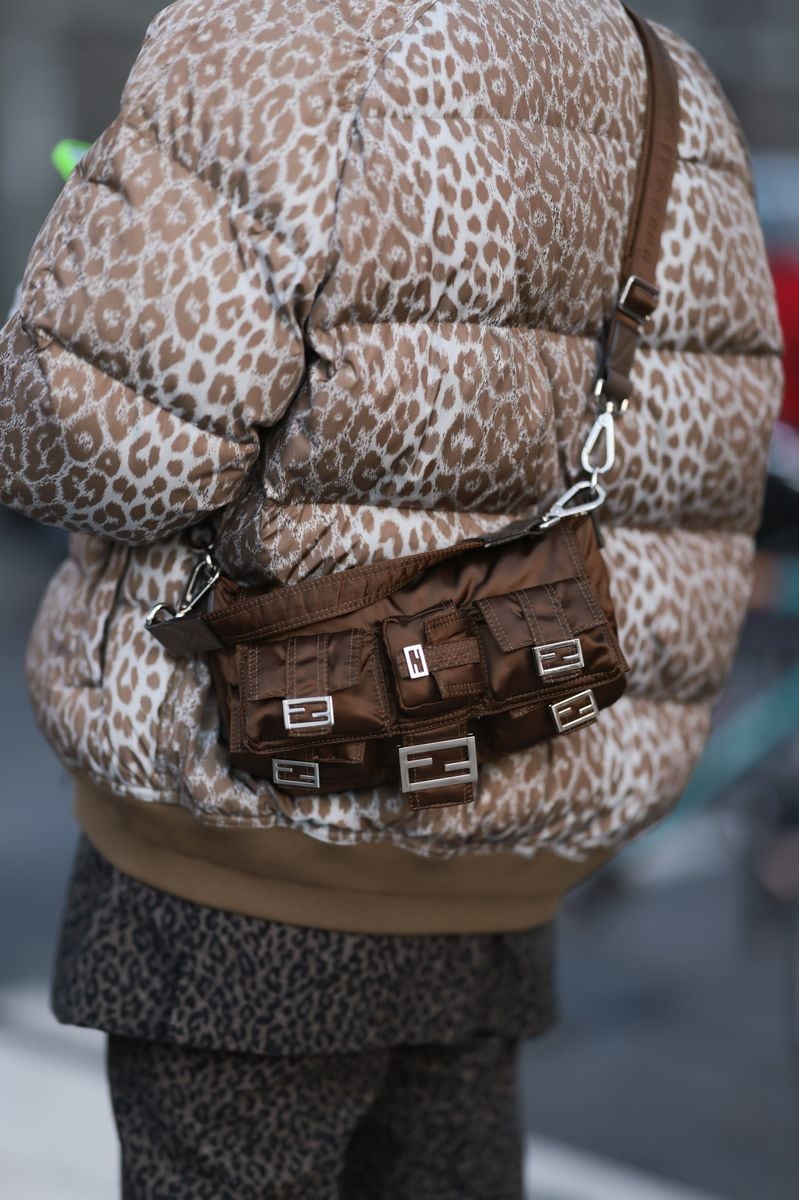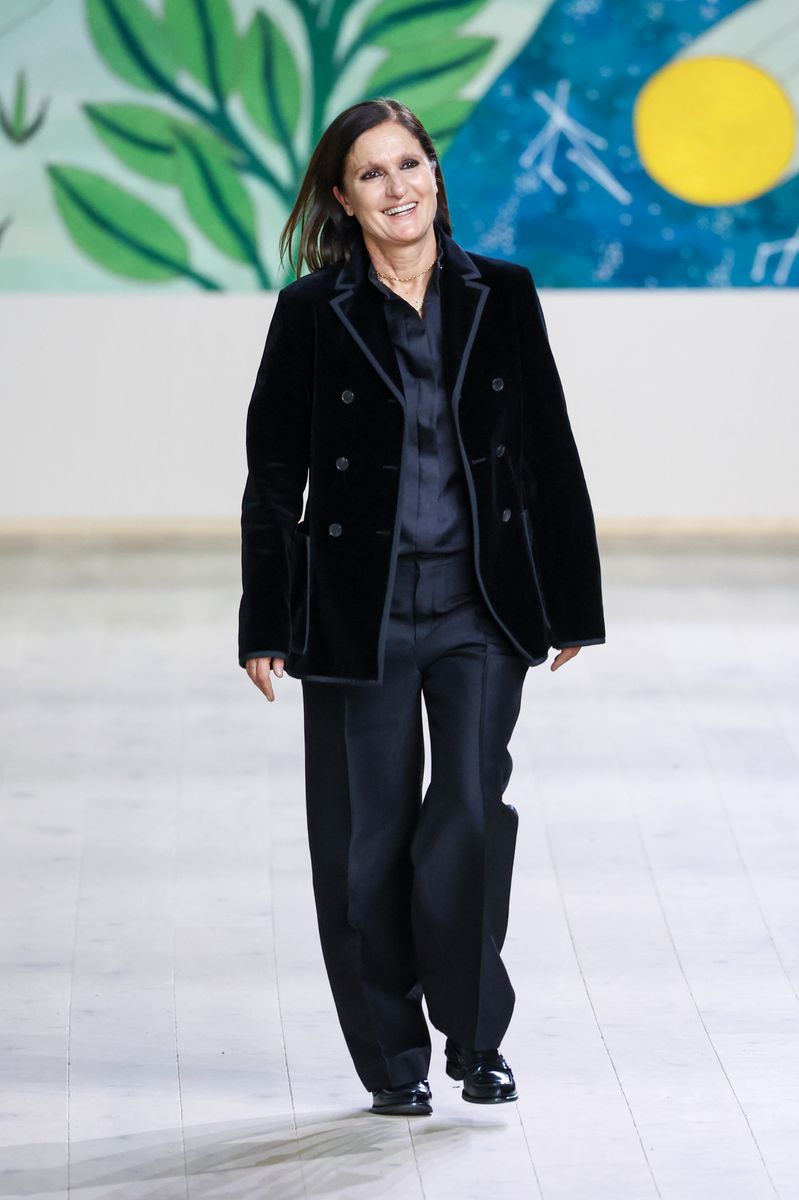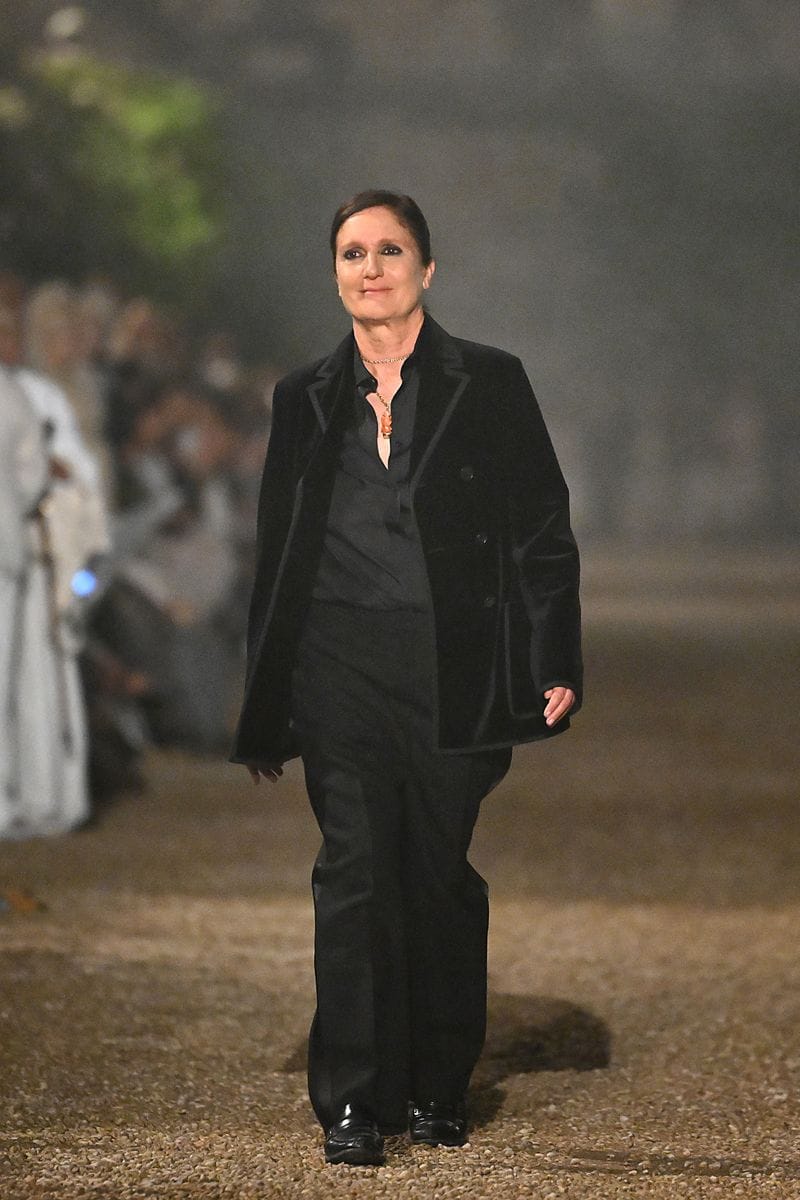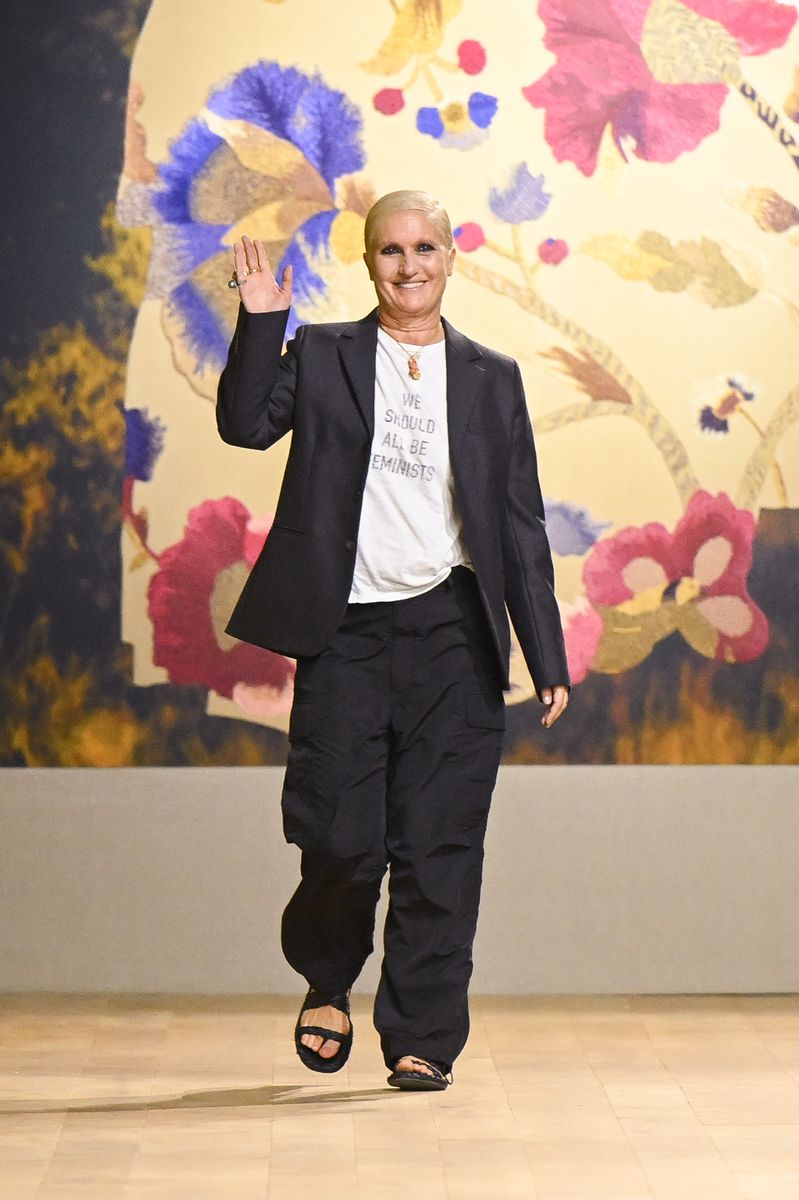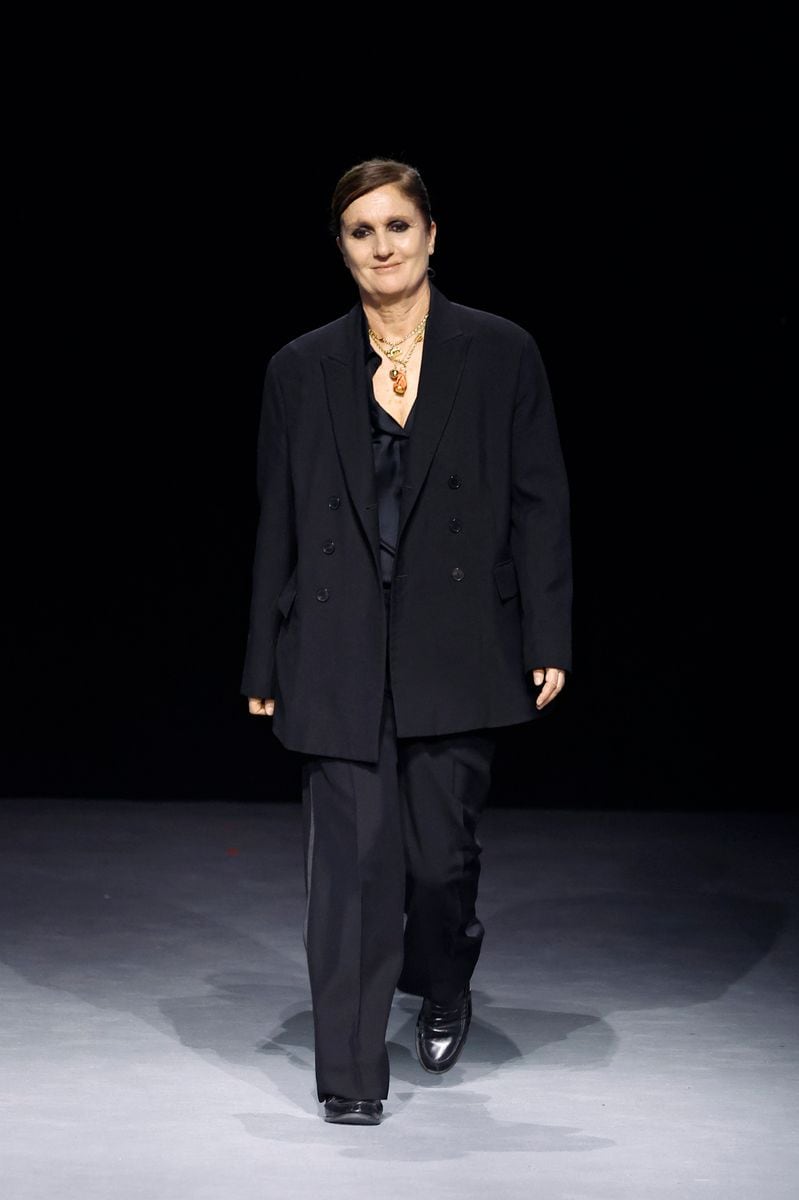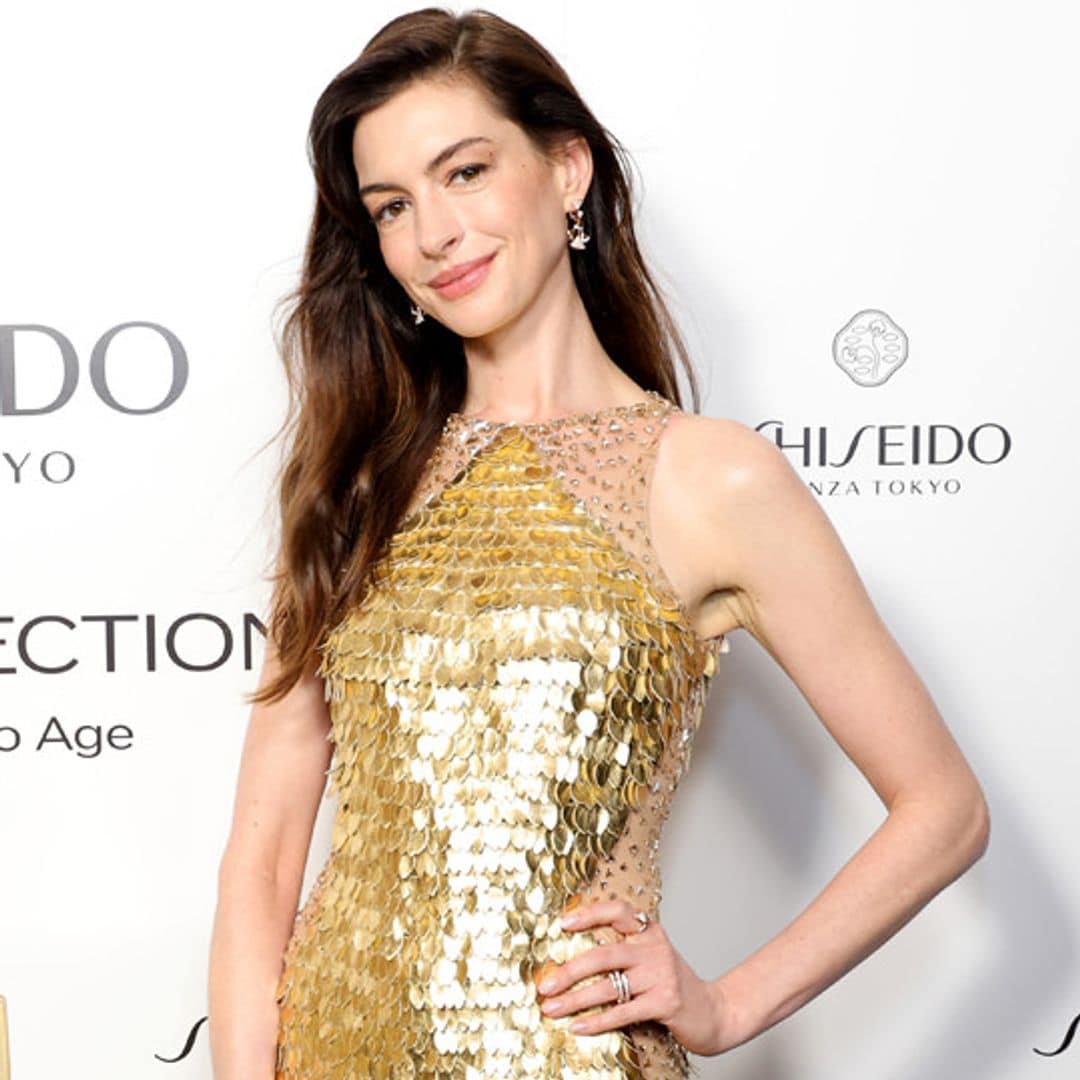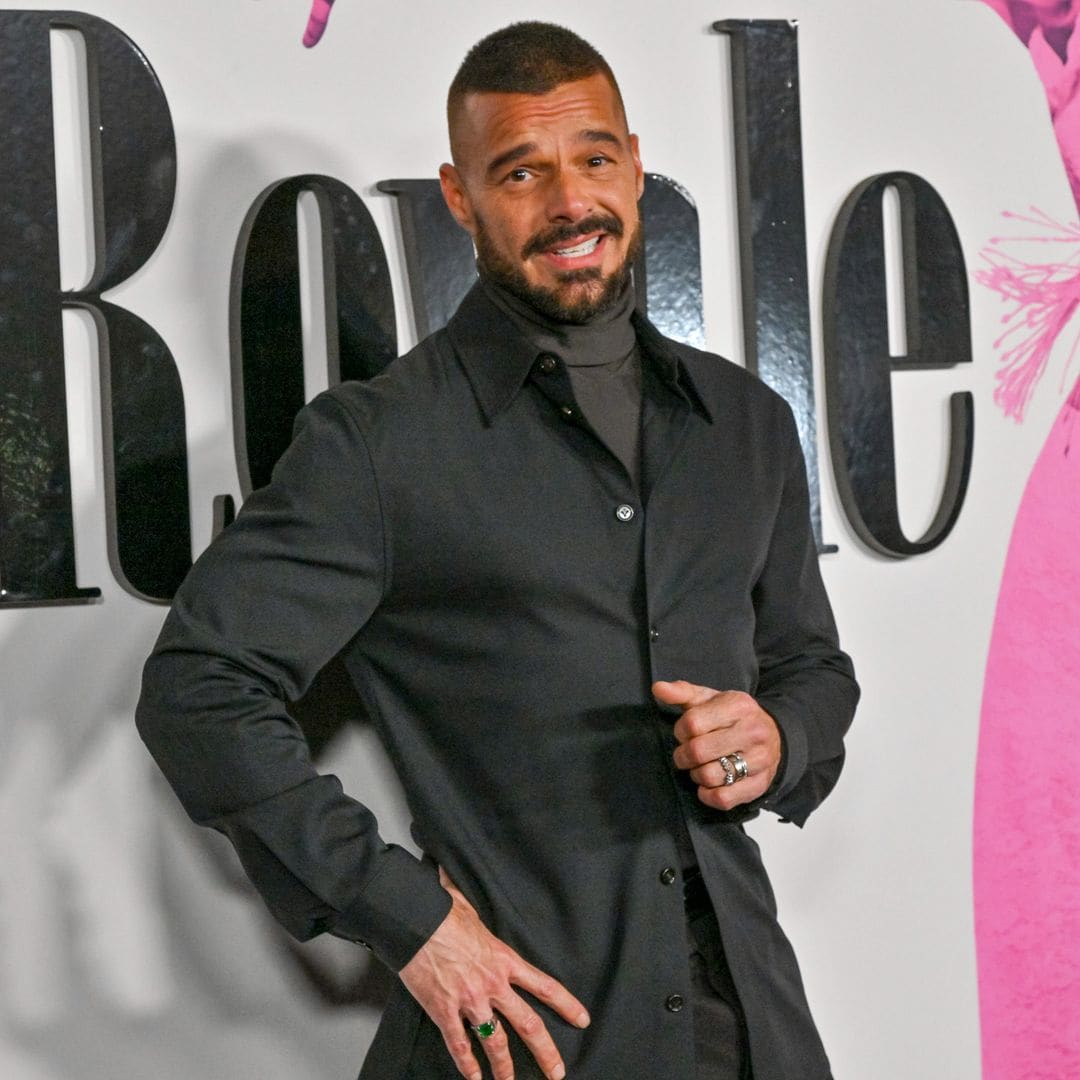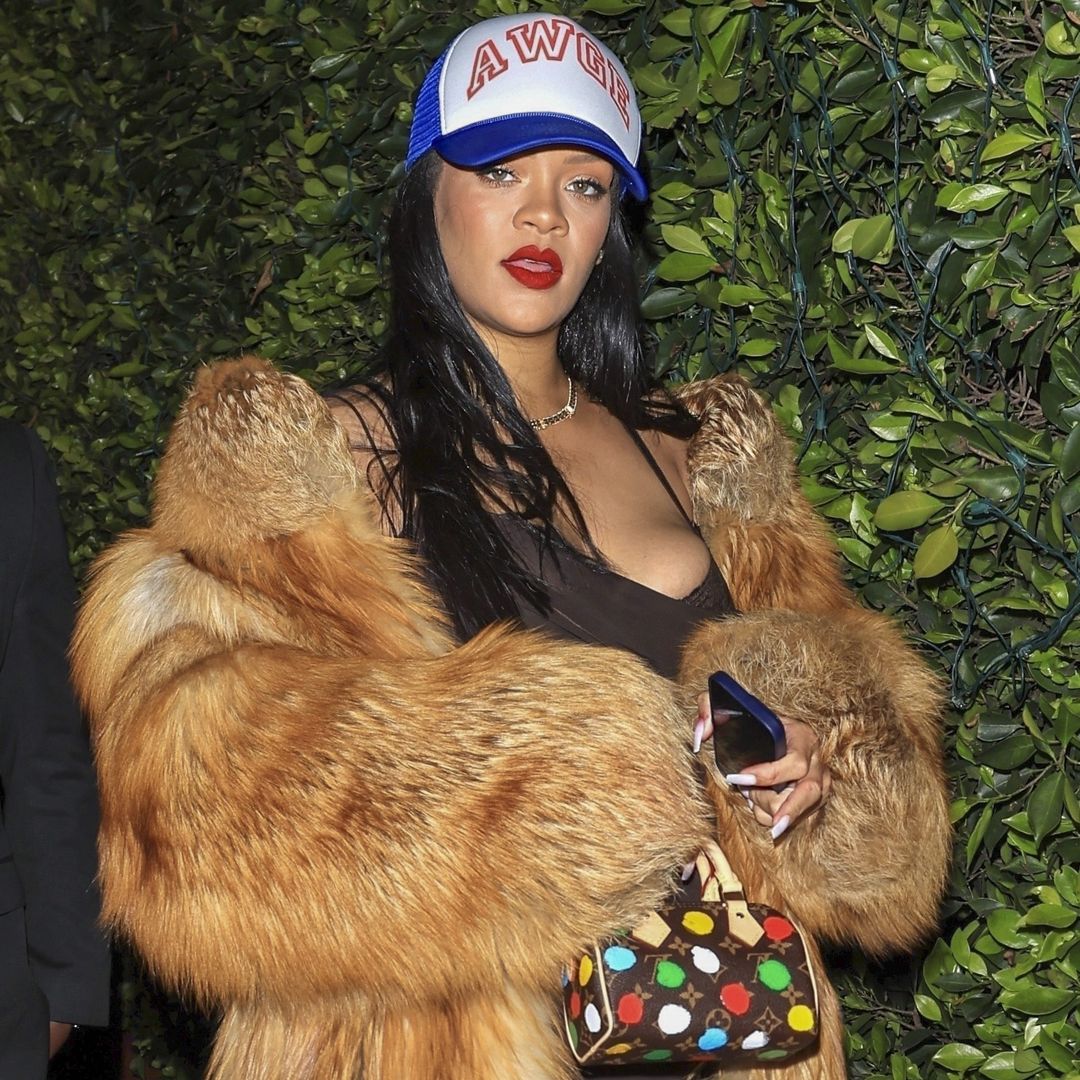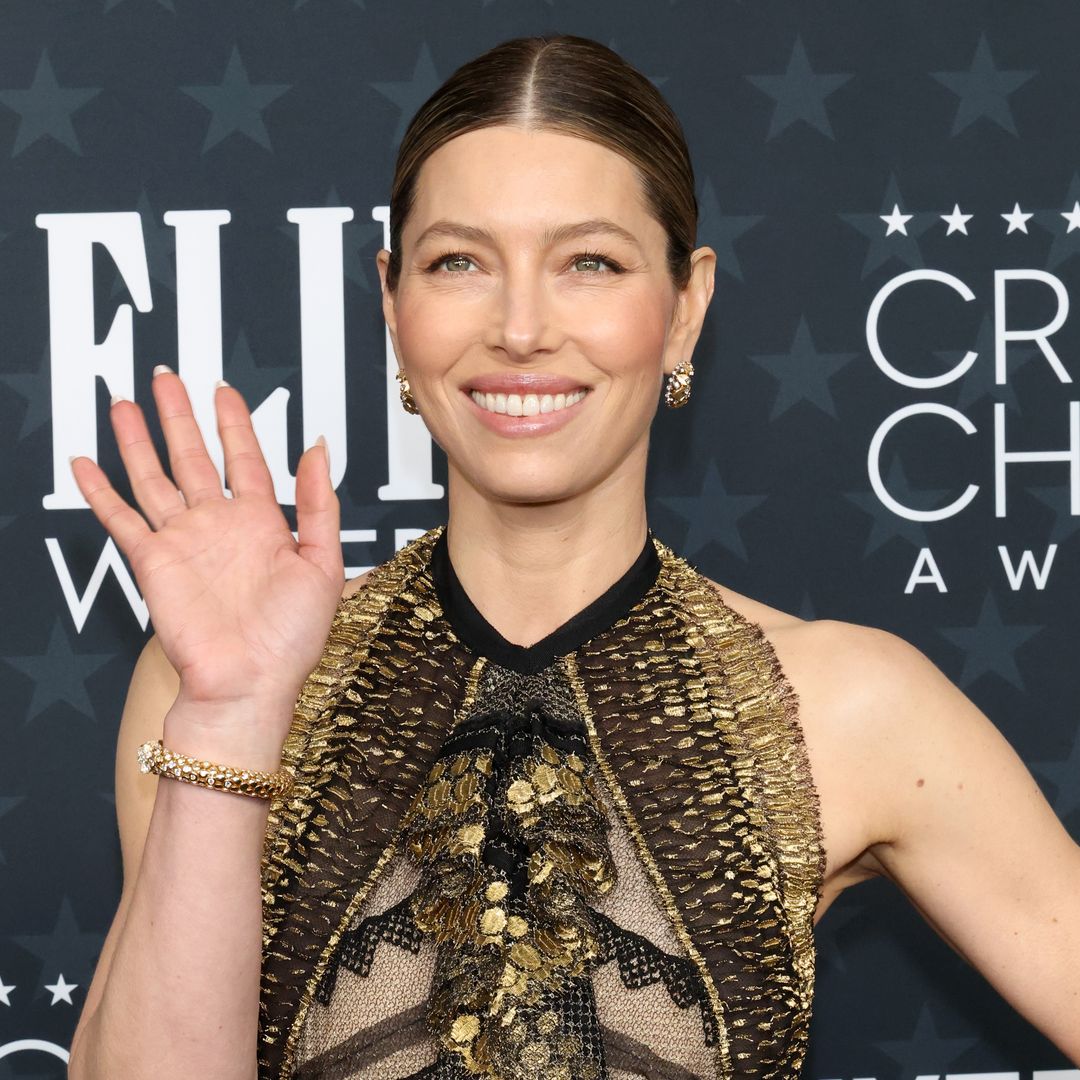Maria Grazia Chiuri’s name has become synonymous with modern femininity, quiet rebellion, and craftsmanship that feels both intellectual and deeply emotional. In 2025, the Italian designer closed a major chapter at Dior, only to begin an even more symbolic one back where it all started: Fendi.
This isn’t just another fashion reshuffle. It’s a full-circle moment, rich with nostalgia, strategy, and storytelling. Here’s how Chiuri’s journey redefines what legacy looks like in luxury fashion.
From Rome to Global Runways
Born in Rome in 1964, Chiuri grew up surrounded by creativity. Her mother, a dressmaker with her own boutique, introduced her to the transformative power of fashion early on. That intimate exposure to craftsmanship shaped Chiuri’s creative philosophy that design isn’t just about beauty; it’s about purpose.
After studying at the Istituto Europeo di Design in Rome, Chiuri joined Fendi in 1989. There, she found her footing in accessories and became part of the dream team that helped shape one of fashion’s most iconic creations, the Fendi Baguette bag. Working alongside Pierpaolo Piccioli, she learned how to balance commercial appeal with artistic vision, setting the foundation for her later success.
Reinventing Valentino’s Elegance
In 1999, Chiuri and Piccioli made their move to Valentino, initially overseeing accessories before stepping into full creative leadership in 2008. Their partnership transformed Valentino’s DNA, marrying timeless romance with modern edge.
Together, they reintroduced Valentino to a new generation, where red carpets met street culture, and haute couture felt surprisingly wearable. In 2015, their work earned the CFDA International Award, cementing their status as one of fashion’s most dynamic duos.
Making History at Dior
When Dior appointed Chiuri as artistic director in 2016, she made history as the first woman ever to lead the French house. From the very first show, her message was that fashion can be feminist and still be exquisite.
Her debut collection featured the now-iconic “We Should All Be Feminists” T-shirt, inspired by Chimamanda Ngozi Adichie’s essay. Through collaborations with artists like Judy Chicago and references to feminist thinkers like Linda Nochlin, Chiuri transformed Dior’s runway into a platform for dialogue about gender, art, and identity.
She also revived classics, like the Dior Saddle bag, and bridged couture and youth culture, making Dior not just a luxury label but a cultural conversation starter.
Under her leadership, Dior saw remarkable commercial growth and creative consistency, rare in an industry that often sacrifices one for the other.
The End of an Era — and a New Beginning
In May 2025, Chiuri stepped down from Dior after nearly a decade at the helm. Within days, Jonathan Anderson was announced as her successor, a move that signaled a generational shift.
But for Chiuri, endings are just new beginnings. Rumors swirled almost immediately about her next chapter, and by October, industry insiders asked: could she return to Fendi?
Then came the timing. Following Fendi’s Spring/Summer 2026 show, Silvia Venturini Fendi, granddaughter of the founders and creative director for decades, announced her transition to honorary president. The announcement coincided with Chiuri’s availability, and suddenly, the puzzle pieces clicked into place.
Why Chiuri at Fendi Makes Perfect Sense
Chiuri’s potential return to Fendi is strategic. She understands the brand’s heritage intimately, having helped shape its accessories identity in the 1990s.
With Fendi’s centennial celebrations marking a transition from legacy to evolution, Chiuri embodies both continuity and reinvention. Her feminist storytelling, commitment to artisanship, and ability to merge intellectual depth with Instagram-era impact could reinvigorate Fendi’s narrative.
If confirmed, this would mark a rare moment where fashion history loops back on itself and does so meaningfully.
From the Baguette bag to the feminist T-shirt, Chiuri has proven she knows how to turn objects into icons and ideas into global movements. As Fendi prepares its next century, there’s poetic justice in seeing her come home.
